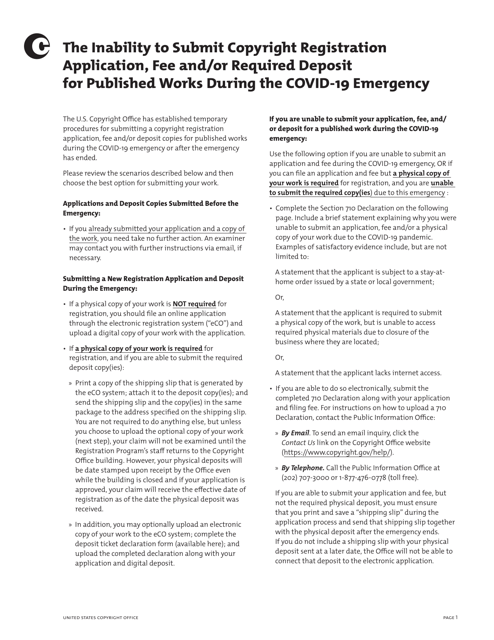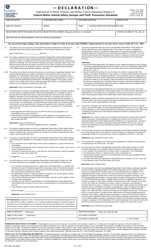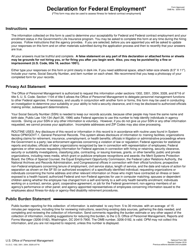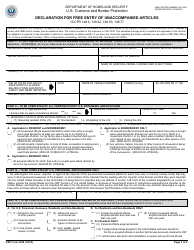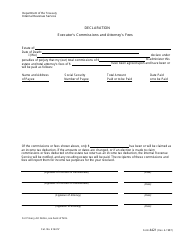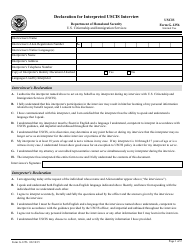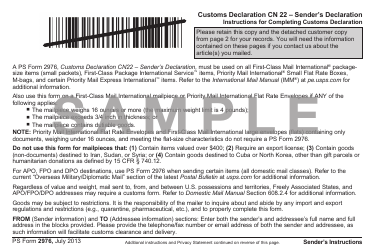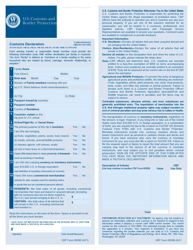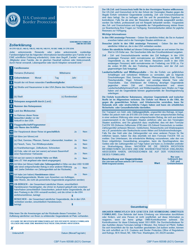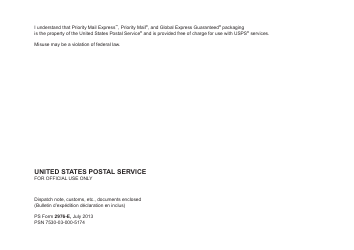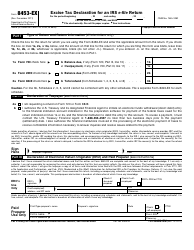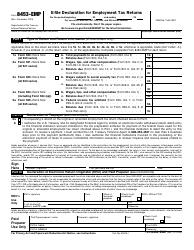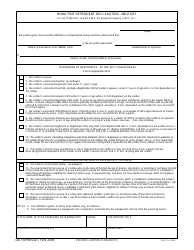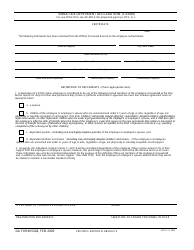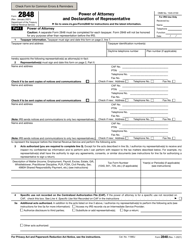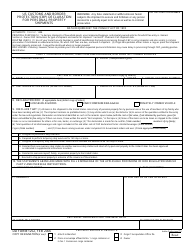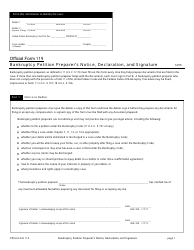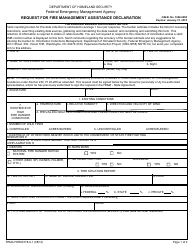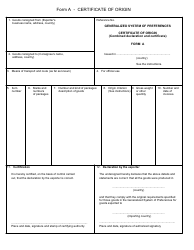Section 710 Declaration
Section 710 Declaration is a 3-page legal document that was released by the U.S. Copyright Office and used nation-wide.
FAQ
Q: What is a Section 710 Declaration?
A: A Section 710 Declaration is a legal document used in the United States and Canada to declare that certain information is true and correct.
Q: Who can make a Section 710 Declaration?
A: Any individual or organization involved in a legal process in the United States or Canada can make a Section 710 Declaration.
Q: What is the purpose of a Section 710 Declaration?
A: The purpose of a Section 710 Declaration is to provide a sworn statement or affirmation of the truthfulness and accuracy of certain information.
Q: Are Section 710 Declarations legally binding?
A: Yes, Section 710 Declarations are legally binding and can be used as evidence in court proceedings.
Q: What information is typically included in a Section 710 Declaration?
A: A Section 710 Declaration typically includes a statement of the declarant's identity, a description of the information being declared, and a statement that the information is true and correct to the best of the declarant's knowledge.
Q: Can a Section 710 Declaration be challenged or refuted?
A: Yes, a Section 710 Declaration can be challenged or refuted through cross-examination or by presenting contradictory evidence.
Q: Are there any specific rules or requirements for a Section 710 Declaration?
A: The rules and requirements for a Section 710 Declaration may vary depending on the jurisdiction and specific legal context, so it is important to consult with a legal professional or refer to the relevant laws and regulations.
Form Details:
- The latest edition currently provided by the U.S. Copyright Office;
- Ready to use and print;
- Easy to customize;
- Compatible with most PDF-viewing applications;
- Fill out the form in our online filing application.
Download a fillable version of the form by clicking the link below or browse more legal forms and templates provided by the issuing department.
